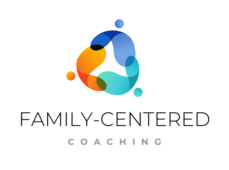Self-management and self-care go hand-in-hand in creating an environment for coaches and participants to partner with respect.
Self Management
Coaches believe deeply that participants have their own answers. Coaches may be tempted, however, to be an expert or problem-solver, especially when the participant seems stuck. Self-management starts with holding back your advice and opinions, and instead, leading participants with questions.
Eventually you will find times when it is appropriate to share valuable experience or expertise. If the experience is related to the goals the participant has set, ask permission first to offer your thoughts. If you are shifting to problem-solving, also ask permission and be clear that you are changing from your coaching hat to a counseling or case-management hat.
Self Care
When a coach sits down with a participant, all of their emotions and stress don’t automatically disappear. Coaching a participant can easily raise issues that are emotional triggers for a coach.
If a coach goes into a session unaware of how they feel, issues or triggers may become amplified. For example, if a coach is uncomfortable when people sit close to them, they should be aware of this and set up their space to avoid a build-up of discomfort during a meeting. Proactively addressing our triggers and practicing self-care is essential to effective coaching. One good resource is What About You? A Workbook for Those Who Work with Others from the National Center on Family Homelessness. This guide helps coaches to think about their own health and stress levels, address burnout or secondary trauma, and how to avoid your own triggers while working with families. Consider building your own support network of coaches, colleagues, or health professionals to process and work through issues that may arise at work.
The Prosperity Agenda provides these resources as the designated national administrator of Family-Centered Coaching.

